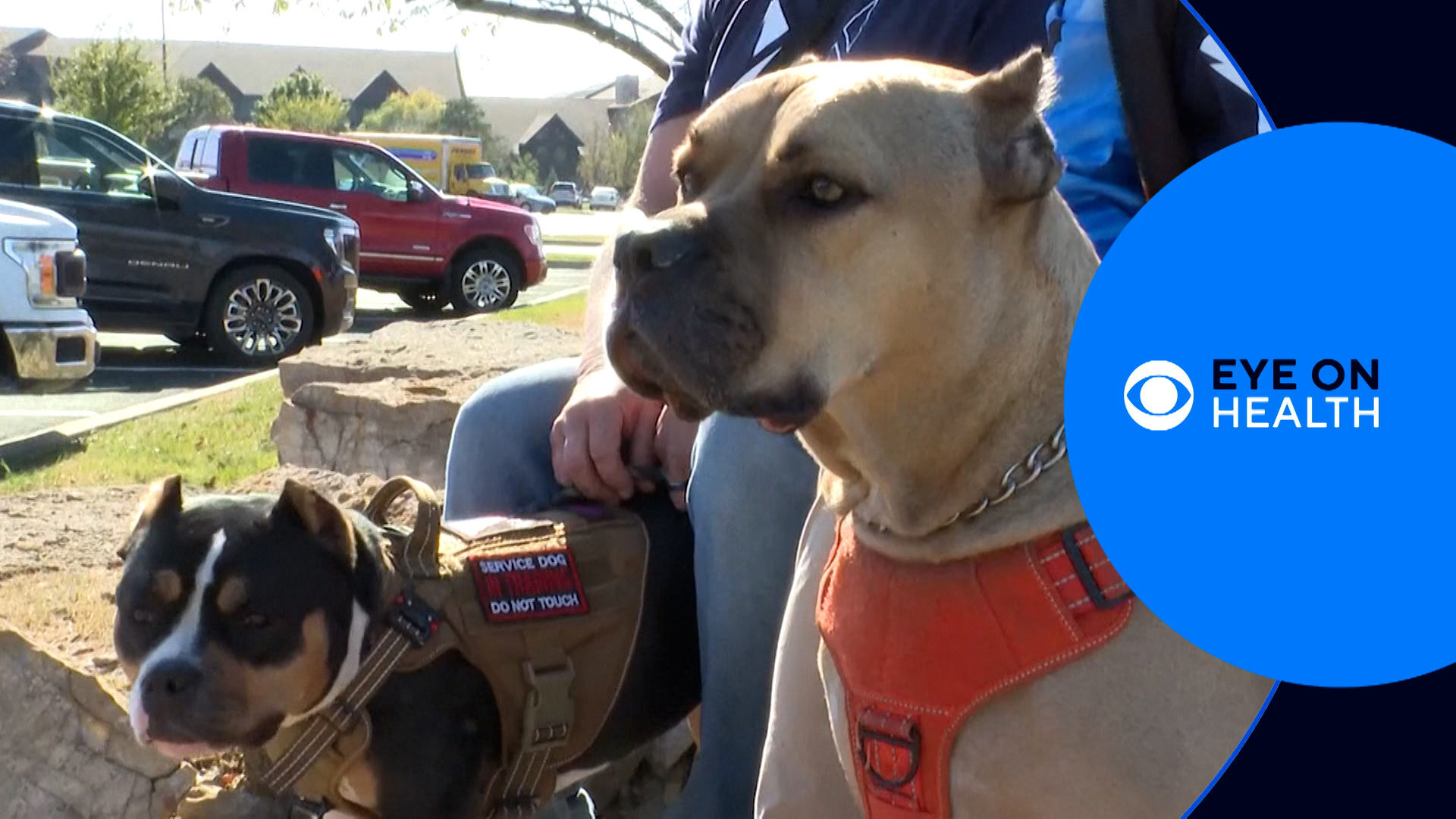LITTLE ROCK, Ark. (KTHV) – The Arkansas Department of Health is warning of a possible hepatitis A (hep A) exposure after an employee of the Little Caesar’s Pizza, at 1731 West Kingshighway in Paragould, tested positive for the virus. Hep A is a contagious liver disease.
Anyone who ate at this facility from July 19 to August 2 should seek vaccination immediately if they have never been vaccinated against hep A or are unsure of their vaccination status. There are no specific treatments once a person gets hep A. Illness can be prevented even after exposure by getting the vaccine or medicine called immune globulin. This medicine contains antibodies to hep A and works best if given within two weeks of exposure to the virus.
Anyone experiencing symptoms should seek care immediately. Typical symptoms of hep A include fever, fatigue, loss of appetite, nausea, vomiting, abdominal pain, dark urine, clay-colored bowel movements, joint pain, or jaundice (yellowing of the skin or eyes). It can range in severity from a mild illness lasting a few weeks to a severe illness lasting several months.
Since February, 80 cases of hep A have been reported as part of an outbreak in Northeast Arkansas, including one death. Greene County has had the most cases, although there have been cases in Clay, Craighead, Greene, Independence, Lawrence, Mississippi and Randolph counties.
The ADH encourages all Greene County residents who are age 19 to 60 to get vaccinated for hep A whether or not they visited Little Caesar’s Pizza between July 19 and August 2. Hep A vaccination clinics will be held from 7 a.m. to 7 p.m. on Thursday and Friday, Aug. 9-10, at the Paragould Community Center, 3404 Linwood Dr. in Paragould. Additional clinics will be held from 7 a.m. to 7 p.m. on Thursday and Friday, Aug.16-17, at Eastside Baptist Church, 529 East Court Street in Paragould. The vaccine will be provided to the public at no cost. People should bring their insurance card and driver’s license if they have one.
The ADH is focusing on vaccinating 19 to 60 year olds because all of our current cases are in that age range. Many children are already vaccinated for hep A, and many adults over 60 have developed immunity to hep A through previous exposure to the virus. Risk factors for getting hep A include:
- Close contact with someone who has hep A
- Being a food worker
- Using drugs, whether injected or not
- Experiencing homelessness, transient, or unstable housing
- Being recently incarcerated
The hep A vaccine is safe and effective. Hep A is a contagious liver disease that results from infection with the hep A virus, which is a different virus from the viruses that cause hep B or hep C. It is usually spread when a person ingests tiny amounts of fecal matter from contact with objects, food or drinks contaminated by the feces, or stool, of an infected person.
A person can transmit the virus to others up to two weeks before and one week after symptoms appear. The virus can cause illness anytime from two to seven weeks after exposure. If infected, most people will develop symptoms three to four weeks after exposure. Many people, especially children, may have no symptoms. Almost all people who get hep A recover completely and do not have any lasting liver damage, although they may feel sick for months.
The older a person is when they get hep A, typically the more severe symptoms they have. Other risk factors for having more severe symptoms of hep A include having other infections or chronic diseases like hep B or C, HIV/AIDS or diabetes. Up to one in three adults are typically hospitalized. Death due to hep A is rare, but is more likely in patients with other liver diseases (like hep B or C).
For more information about hep A and updated information about the outbreak in Arkansas, click here.



